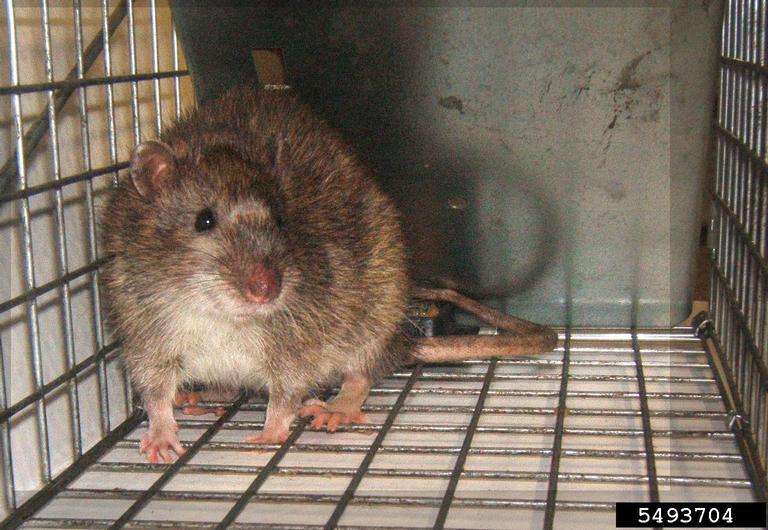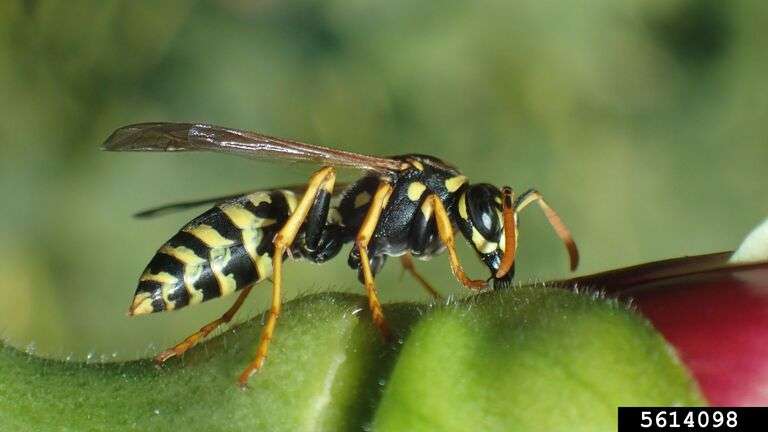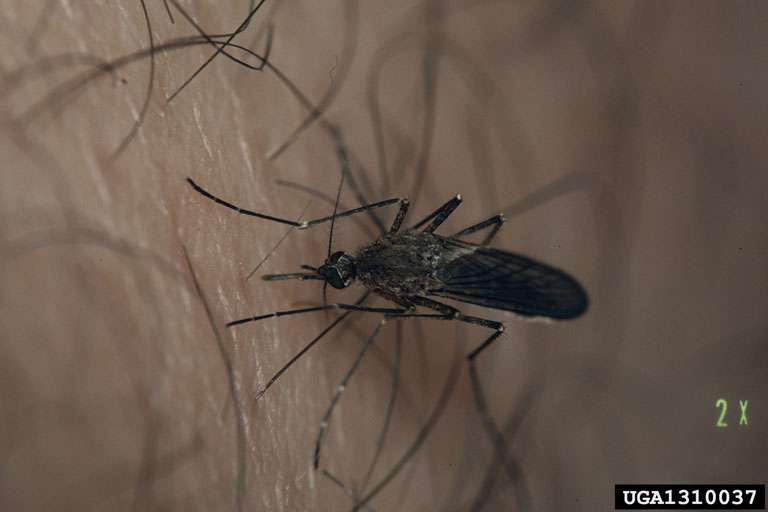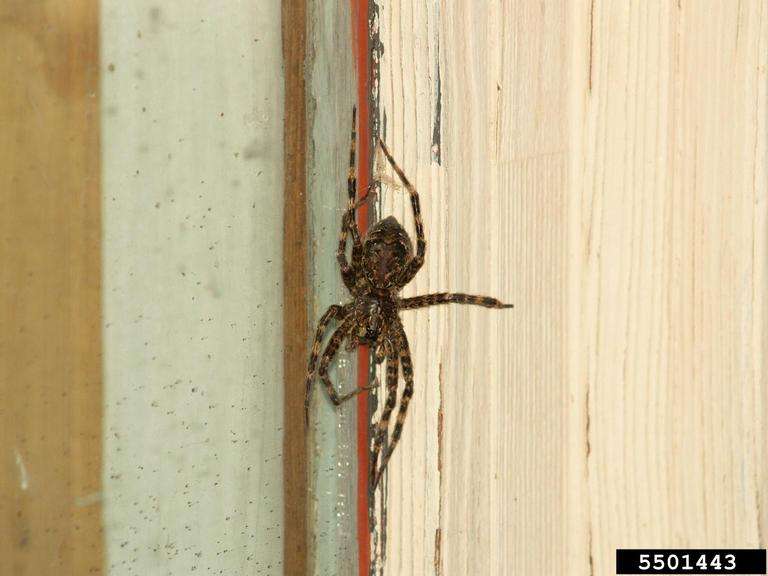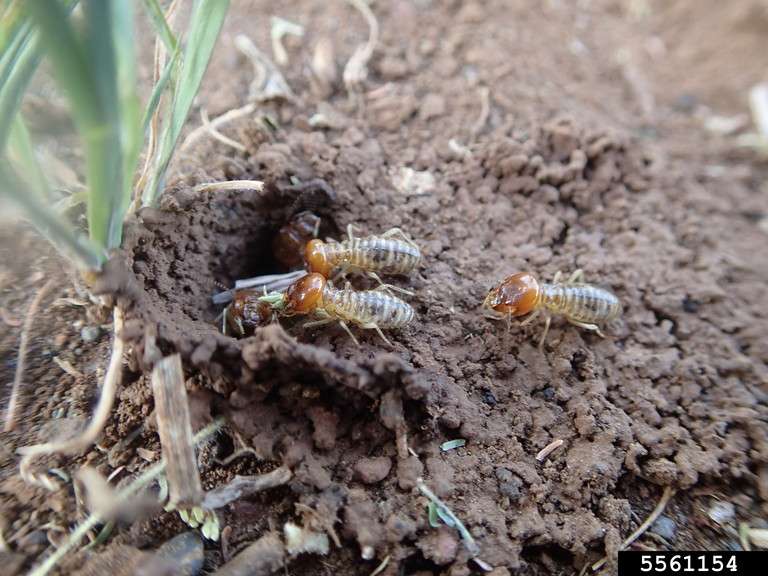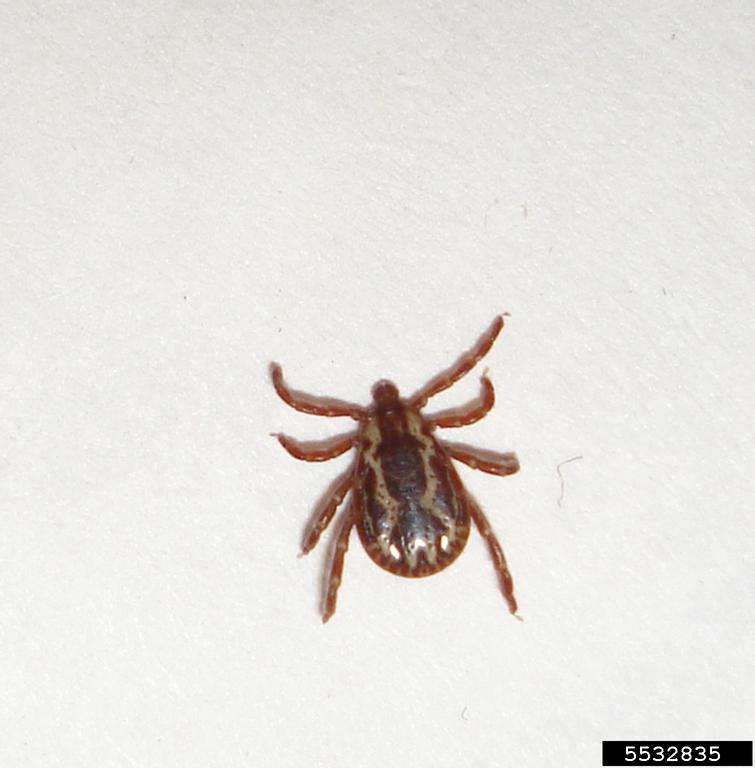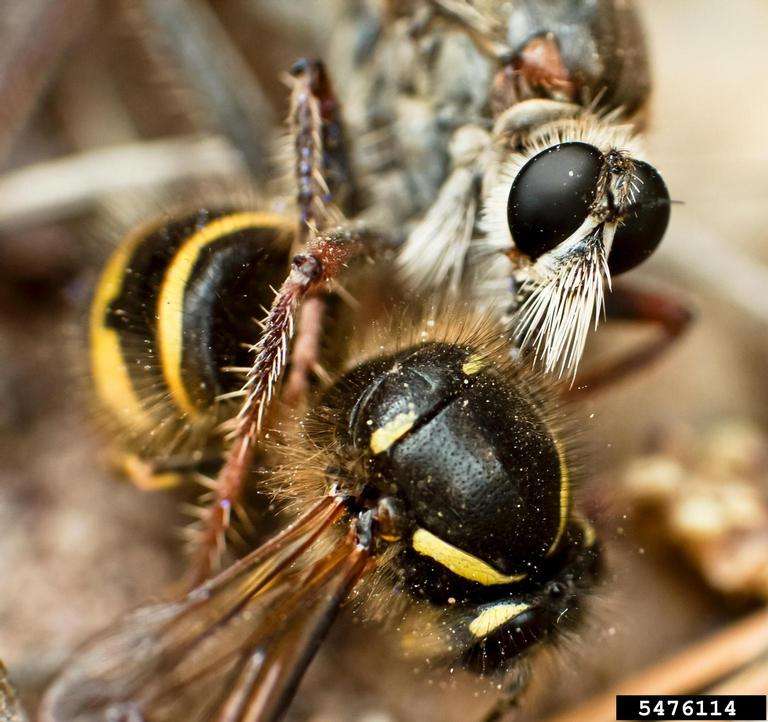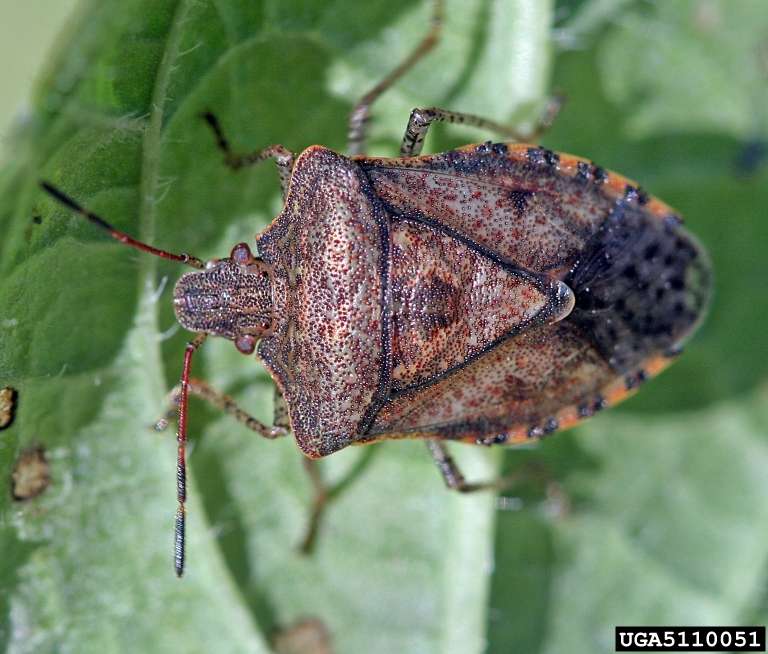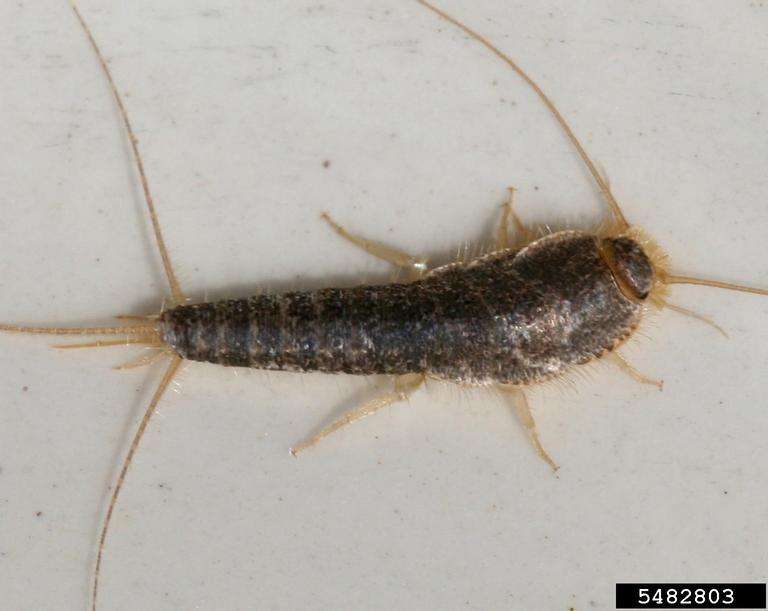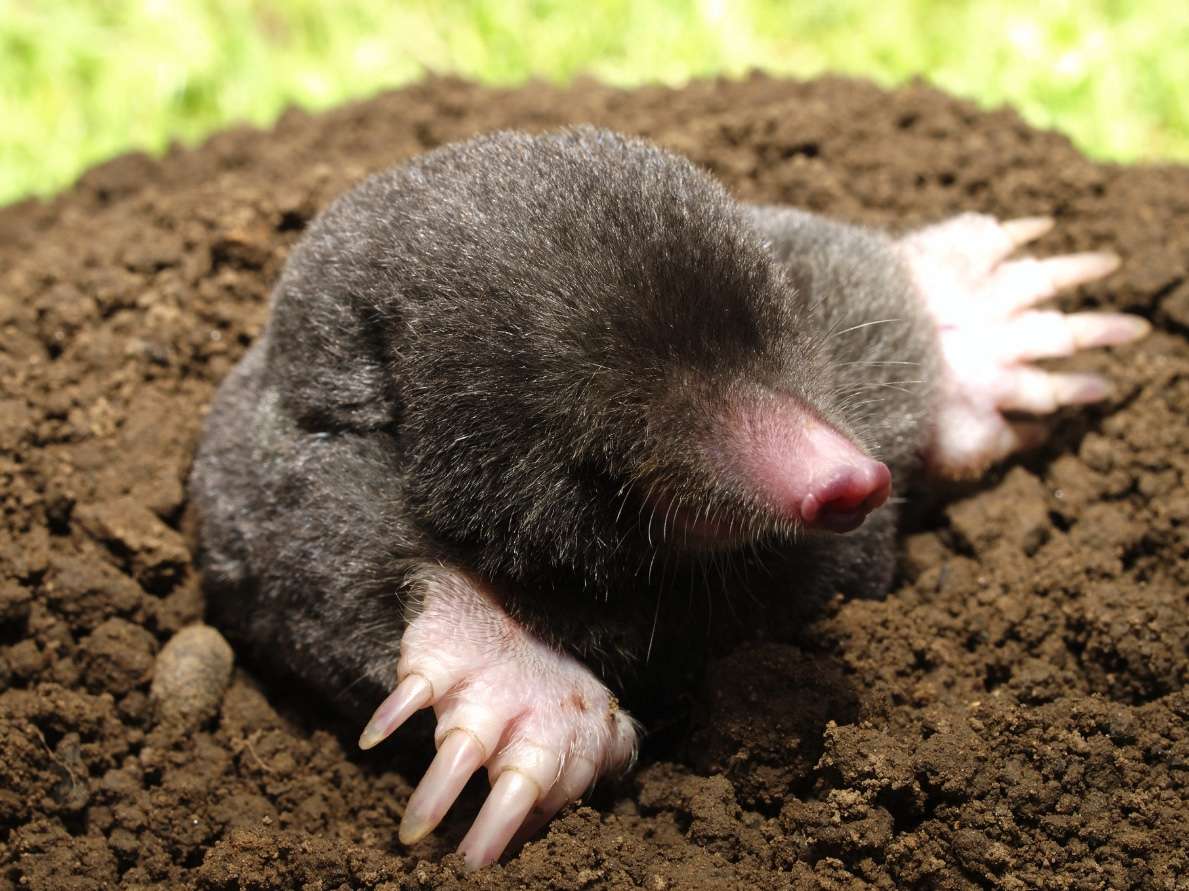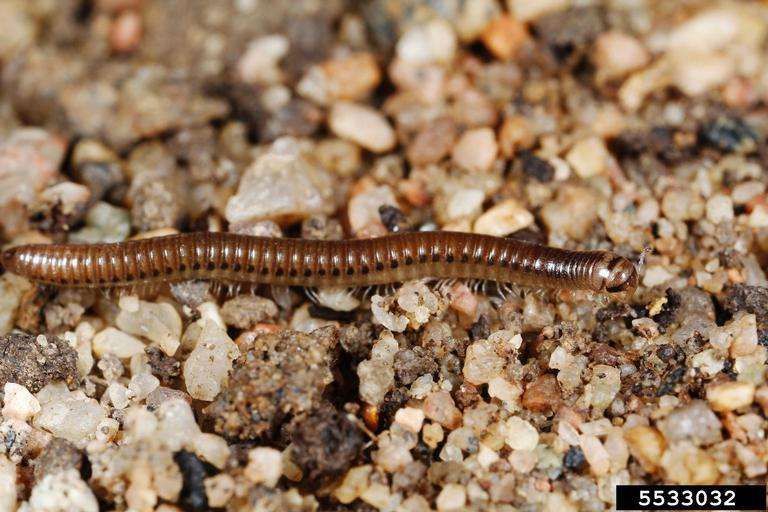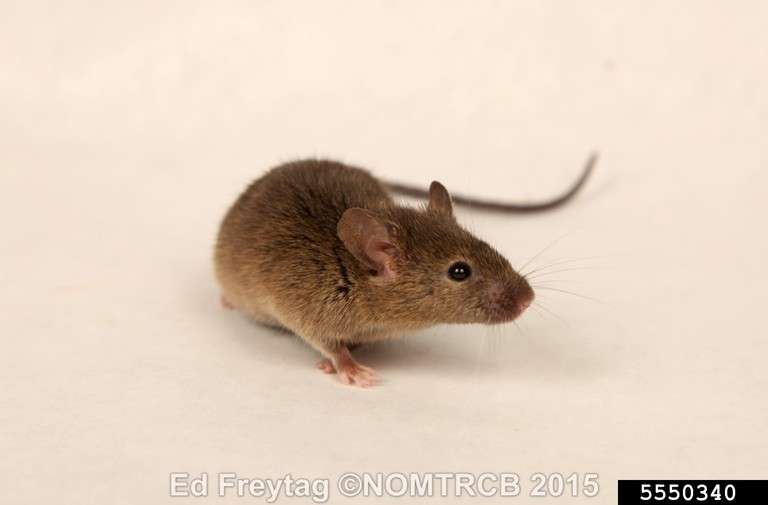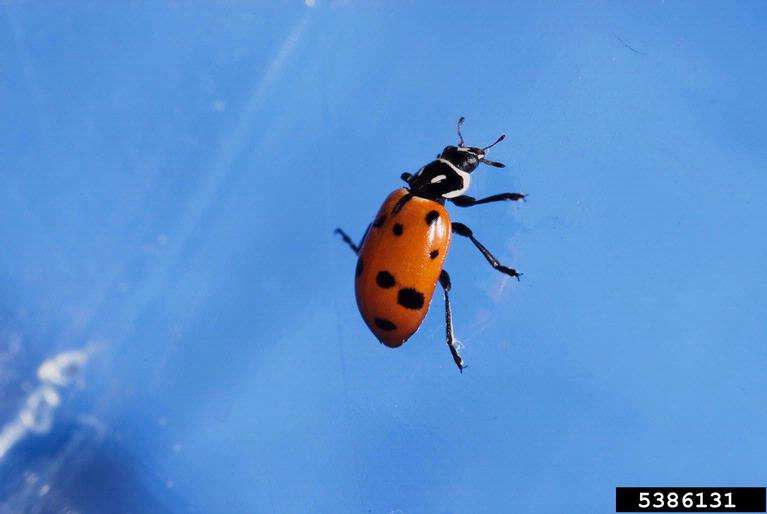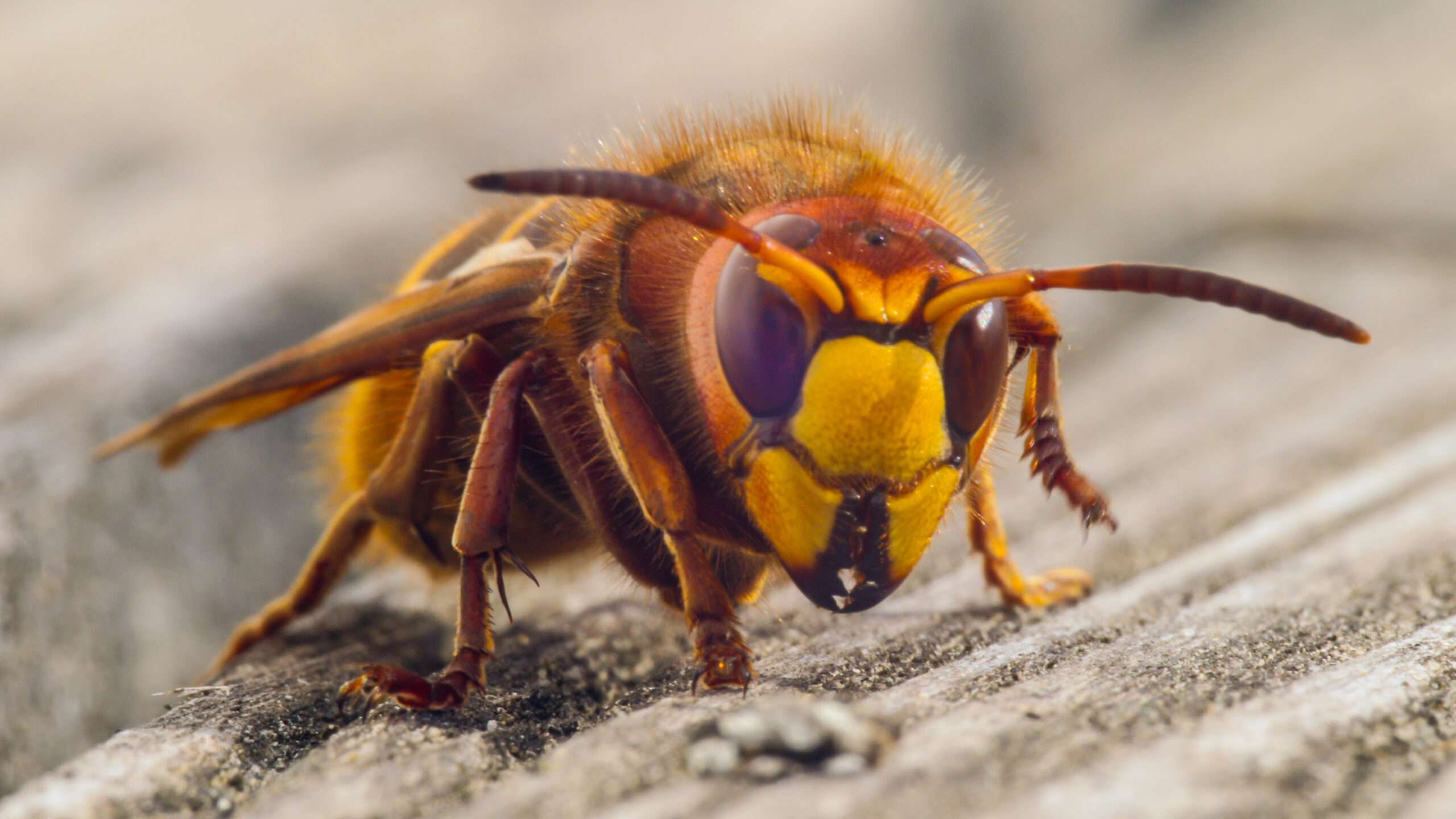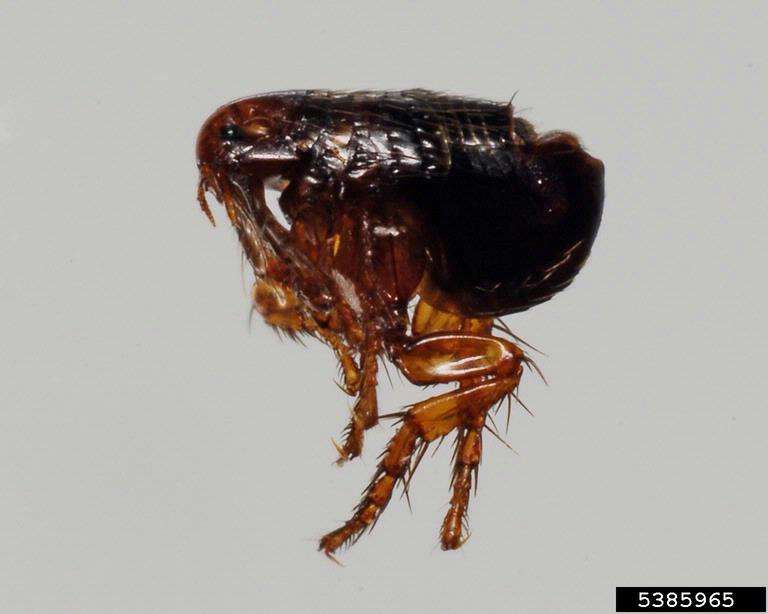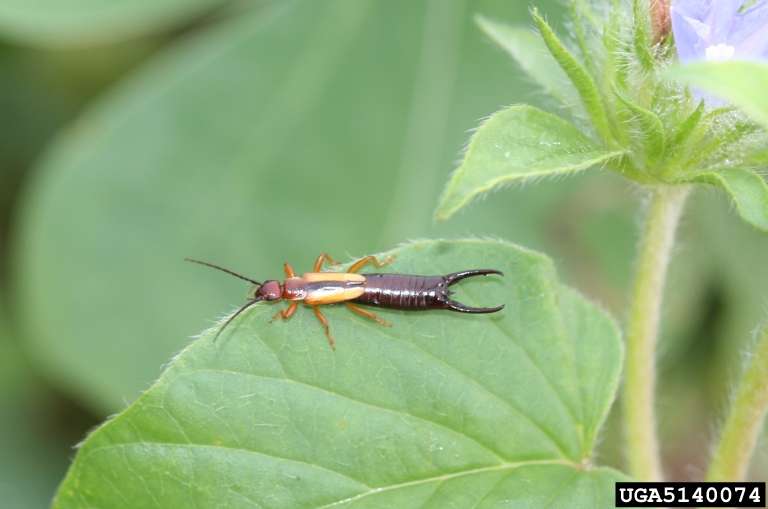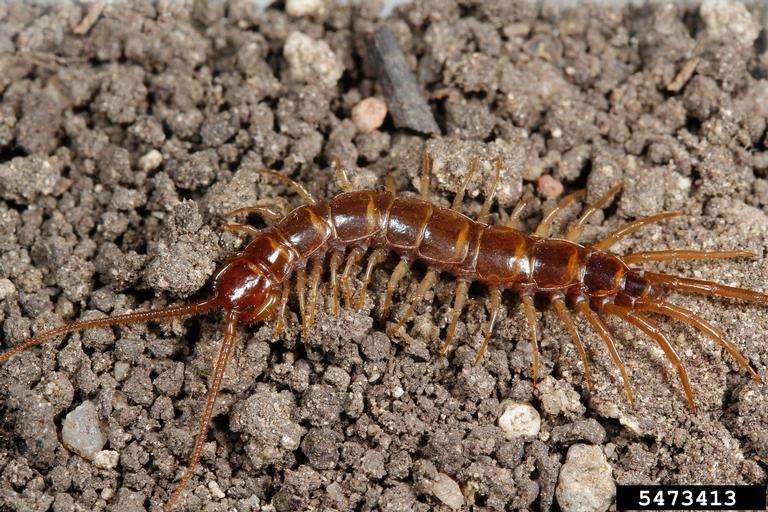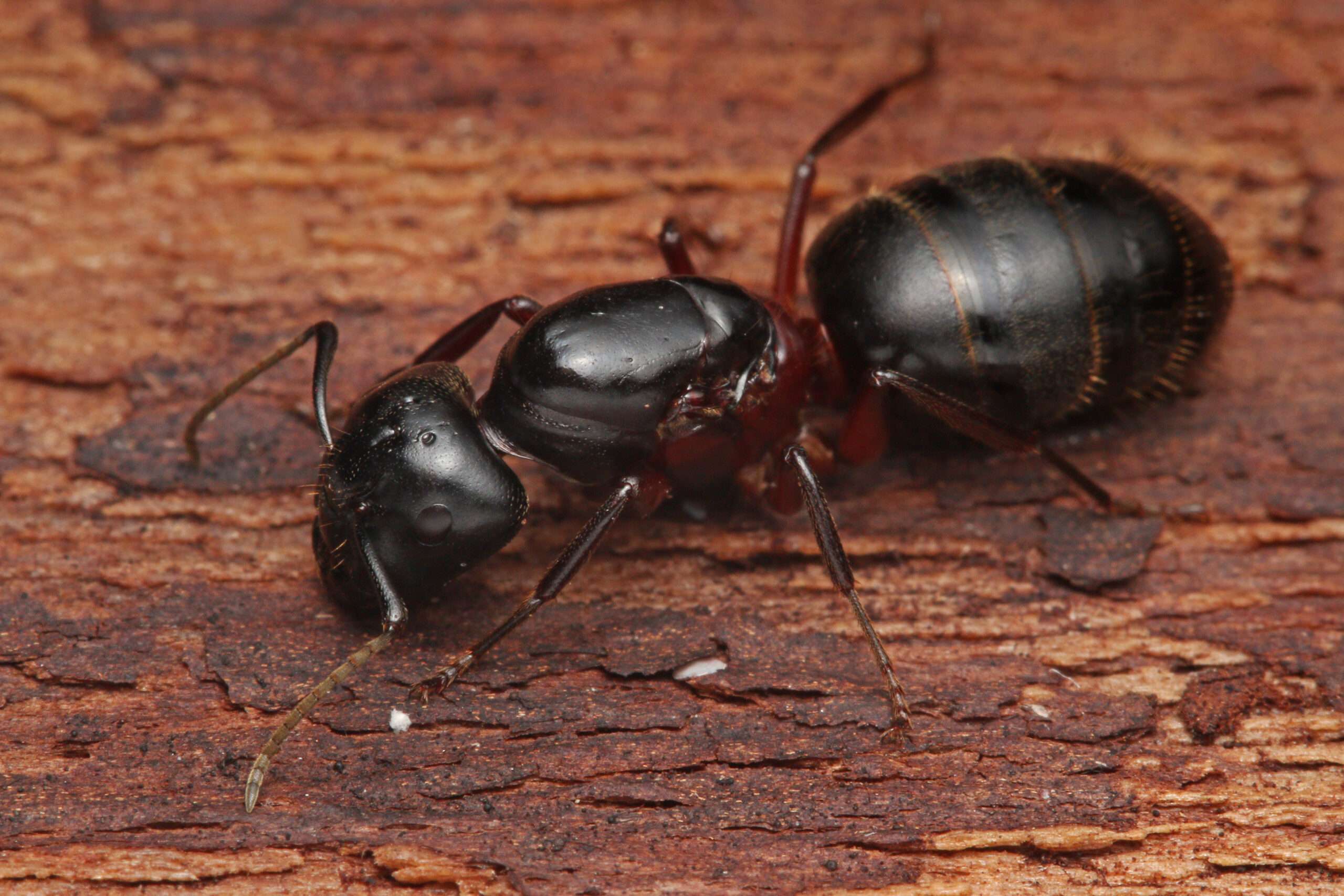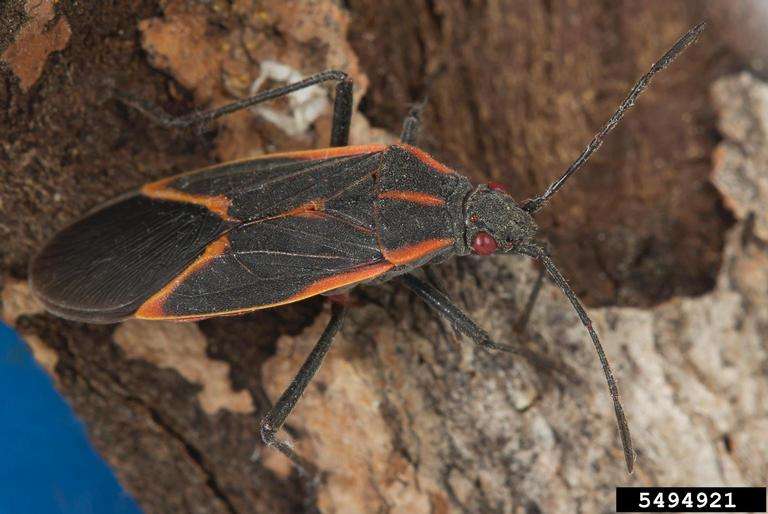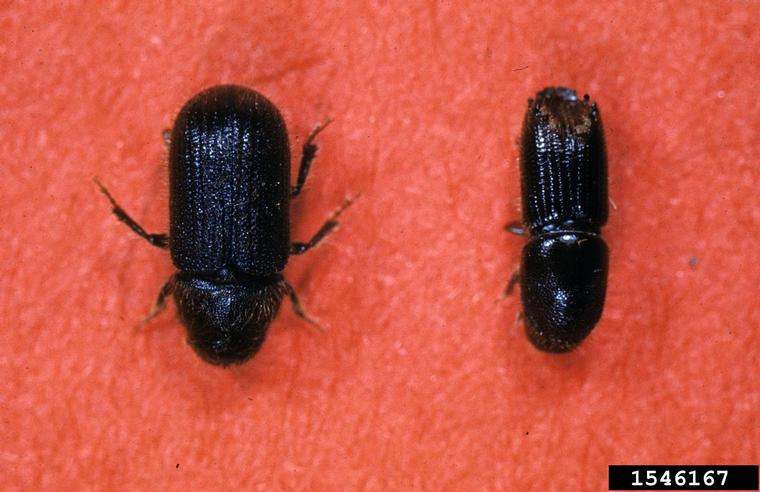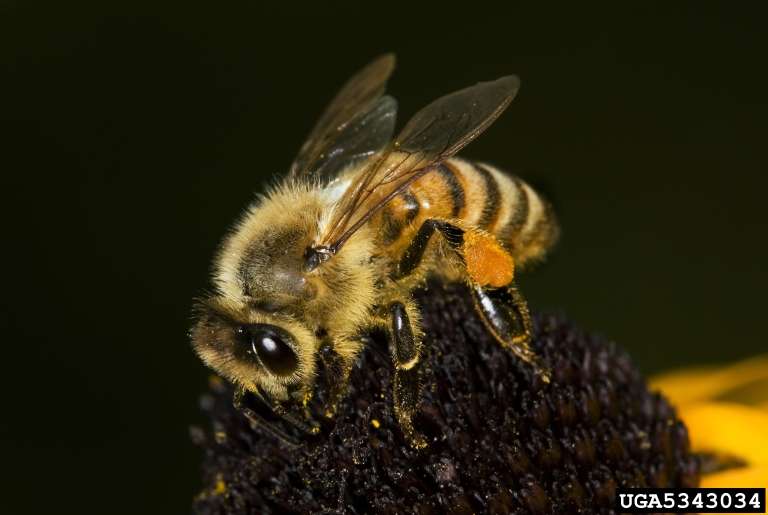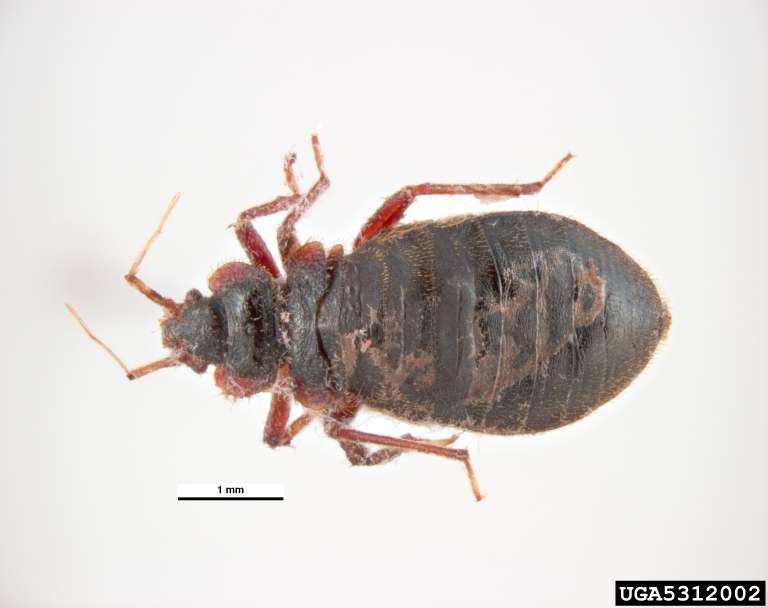Easy Exterminator Rats Pest Control Service in Lansing area, Michigan
Rats are large, disease carrying rodents, and you do not want them in your home. Particularly if you have pets or children, a rat infestation can be dangerous. They will come into your home and destroy practically everything, and touching a dead rat or rat droppings can be enough to transfer diseases to pets and children. In the warmth and safety of your home, rats can live up to three years, and with the average female rat giving birth to 8 to 10 babies at a time, your home can be overrun quickly.
Easy Exterminator is here to fight your rodent problems for you. If you have a rat infestation, call or text now at (517) 618-1908 to get your pest problem eradicated.
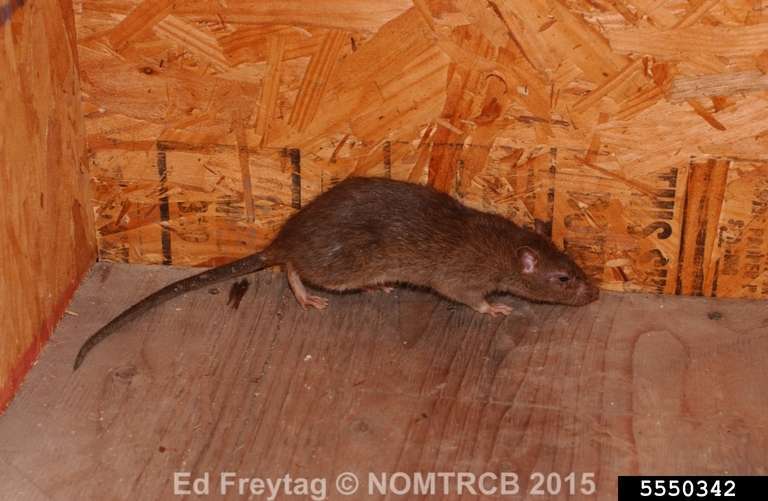
Signs of a rat infestation
You might already know for sure that you have a rat problem but here are a couple of the most common signs of a rat infestation.
Droppings – the first sign of rat infestation in your home is their droppings. Larger than mouse droppings, Norway rat droppings are dark and cylindrical. Rats usually find specific, hidden places to urinate and leave their droppings.
Gnaw marks – because their teeth never stop growing, rats can chew through electrical wires, solid wood, hard plastic, and even metal, especially if there are large numbers of them in an area.
Noises – rats will fight one another at night over food, territory, and nesting material. They might make scratchy noises or squeals.
Destroyed food – always on the lookout for food, rats will chew through food storage containers or even solid wood to find food. Some rats may steal chicken eggs from coops or food from vegetable gardens.
What you need to know about rats
Rats carry diseases like hantavirus, the plague, Lyme disease and rocky mountain spotted fever. Adult rats are bigger than adult mice, but young rats may be smaller in size than young mice.
A rat has a pointier, less rounded ears and a hairless tail, while mice have fine hairs along the length of their tails. You can identify a rat by its droppings. Rat feces are usually cylindrical, or banana shaped and quite large, relatively speaking. Since they’re intelligent creatures, they tend to take care of business in the same spot every time. Even more telling in the feces maybe the bite marks in walls or food containers.
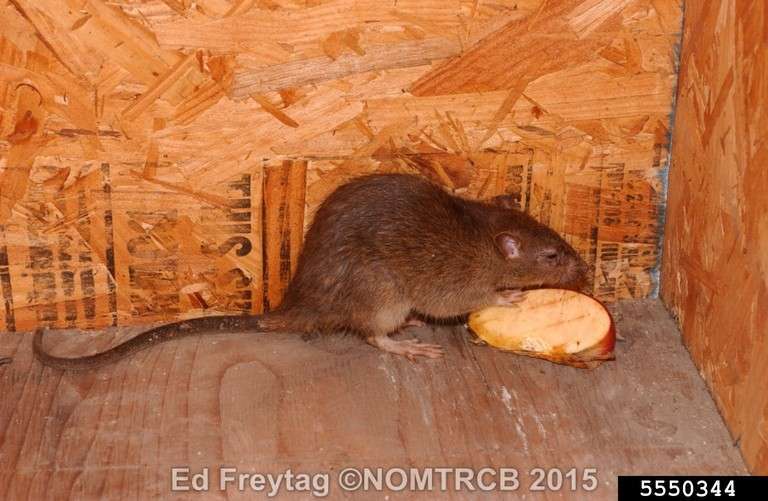
Helpful rat prevention tips
- Seal entry points, reduce food and water access, reduce hiding places in the kitchen and yard.
- Clean up debris and trim bushes and tree branches at least 2 feet so they don’t come in contact with your home.
- When vegetation is close or overhanging a home, it allows the rats an easy highway to access the upper levels of your home with very little effort.
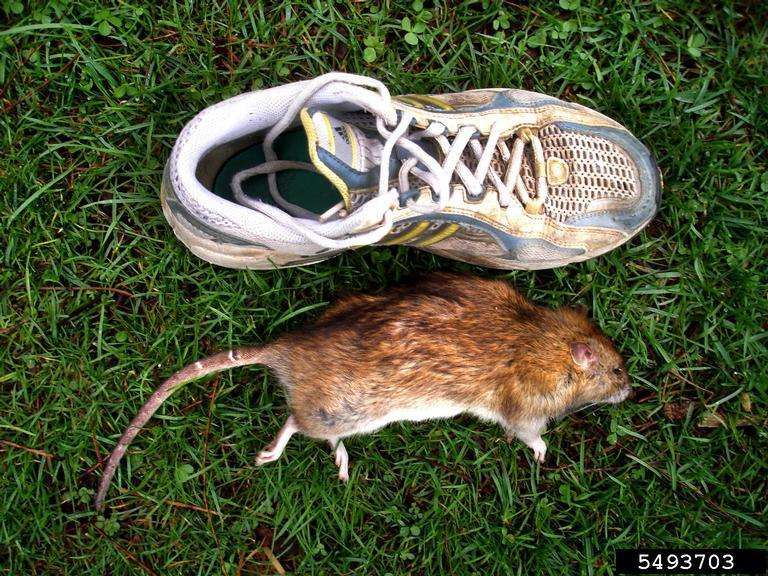
How can I get rid of rats in Lansing area, Michigan?
- Contact us: Do you believe that there may be a rats infestation in your home or on your property? For a free estimate, call or text now at (517) 618-1908 to get your pest problem eradicated.
- Schedule: We’ll arrange for one of our qualified professionals to provide timely rats control service.
- Get service: After performing a complete evaluation of your home or property, your specialist will provide you with the most appropriate course of action.
- Obtain a report: You’ll get a thorough account of the assistance rendered, along with practical suggestions for staying pest-free.
- Follow-up: To make sure pests don’t return; we’ll conduct routine follow-ups. Simply give us a call if you notice any activity from pests, between what has been scheduled regularly. We’ll return without charge!
Rat control FAQ
A: Rats can carry fleas and ticks that will infest your house. Rats can also carry and transmit various diseases including tularemia, leptospirosis, rat bite fever, salmonellosis, hemorrhagic fever, lasso fever, and plague.
A: Rats have an extraordinary ability to squeeze themselves into tiny spaces. Rats can fit into a gap or crack about the size of a quarter and then wiggle their way through.
A: After getting access, rats are likely to look for hiding places, food and water, and material for Nests. Often, the kitchen, basement, or other places with food storage are the most obvious hiding places.
A: Rats can carry diseases such as leptospirosis, The bubonic plague, and hantavirus. Because they often travel directly from an unsanitary area to your kitchen, they can also spread salmonella. Rats may also be infested with fleas or ticks that can also carry diseases.
A: Rats commonly destroy property by gnawing on walls, chewing up papers or fabrics, and generally causing a mess with their nest, urine, and feces.
A: Small rodents like rats and mice are not known to carry rabies or transmit it to humans.
A: Typical signs of rats may include gnaw marks – on walls, near the corners of doors, or in food containers. Squealing and scratching sounds – rats will fight one another for dominance for food, so you may hear rustling or squealing noises at night. Nest – you might discover a rat nest, which is often made of ripped pieces of paper, cloth, wall insulation, or pillow stuffing. Droppings – even though rats try to find a good hiding place to do their business, you may discover where they discard their droppings, such as an area that is heading out of the way. Footprints – it is also possible to find tiny rat footprints in spilled food or dust. Unusual pet behavior – finally, some pets may show alert behavior when they hear or smell a rat nearby.
A: Even though we’ve seen the cartoons, most rats would actually prefer other types of food besides the box of cheese we buy at the store.
A: Rats have a keen sense of smell, which they used to identify foods that they must enjoy, which can range from fruit and nuts to vegetables, meat, and garbage. Rat species like the Norwegian rat are scavengers, so they can eat many different sorts of food, including decaying material or trash. Rats enjoy foods with high energy, like high sugar foods or high protein foods. If they can, they willingly dig into pet food, birdseed, peanut butter, or other foods.
A: Unlike mice, rats are smart enough to be extremely cautious around things that are new to their environment, a fear called neophobia.
A: They are also intelligent enough to figure out whether or not something presented is a hazard. For example, if one of the rats finds a trap or something dangerous, the other rats will notice the problem and avoid it.
A: body size – mice are smaller than rats, although a juvenile rat may look similar to an adult mouse. Ears – mice ears are more rounded, while rats have a slimmer ear shape. Tail – mouse tails are longer than their bodies, while rat’s tails are generally shorter. Mouse tails also have small hairs, while rat tails are completely bald. Droppings – mice feces are about the size and shape of a grain of rice. Norwegian rat droppings are pill shaped, and roof rat droppings are banana shaped. Mice spread their droppings everywhere, but rats are more careful and use a specific hiding spot as a latrine.

